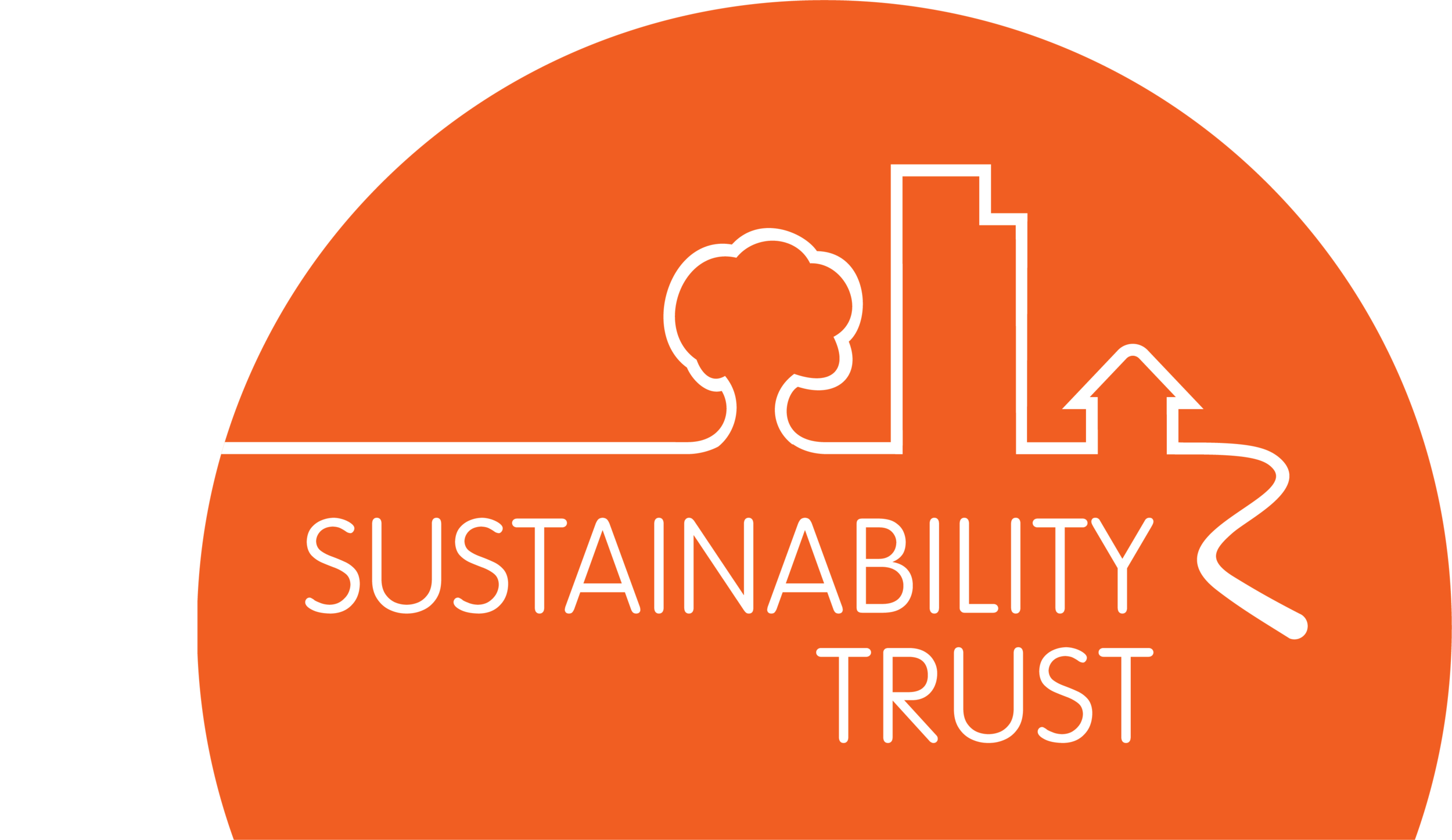Miranda on reducing water consumption
Published 9 March 2015
Reducing and reusing water at home
Droughts are an increasing concern during the summer months, even in Wellington, and it is important to be careful with water usage well before water bans are enforced.
Greater Wellington’s water comes from several rivers and an aquifer which are reliant on regular rainfall.
On average, a Wellingtonian uses 350 litres of water per day. During daylight savings, standardised restrictions are applied by each of the local authorities and published on their websites. As well as observing Council restrictions, we can all do our bit to reduce water consumption, especially during summer – a good place to start is in the garden.
Collect rainwater for garden use. A 200L rain barrel can easily be installed and will collect run-off from rooftops that can then water plants in a small garden via tap or connection to a soak hose (or can be used as an emergency water supply). Larger tanks are more appropriate for bigger gardens and indoor use (eg. flushing toilets, washing laundry).
Mulching your plants can significantly reduce the need for watering. Grass clippings, pea-straw or other organic dry/brown/carbon-rich material make an ideal mulch to help retain moisture and prevent water evaporating from around the base of plants and the soil. But make sure the mulch is not too close to plant stems to avoid stem rot.
When watering with a hose or watering can, target water towards the roots. By watering the base/roots of plants you’re not wasting water on the leaves which don’t absorb as much water as the roots. Established plants, perennials, and flowerbeds may only need to be watered 2-3 times a week, not every other day. And remember to water in the early morning or evening to minimise water loss through evaporation. If using a sprinkler, attach a timer to ensure that plants are not overwatered.
Fix any leaking taps outside (and also inside). If a tap drips once per second, that’s almost 15L of water wasted per day.
Instead of hosing down driveways and paths, dry brushing them. Saving water can also be a good form of exercise!
Water meters are not yet compulsory in Greater Wellington (the exception being Kapiti Coast) but, it is likely that with an increased risk of drought conditions brought about by climate change, and a growing population, metering will be introduced at some point in the foreseeable future so it makes sense to be water-wise now before it starts costing the earth and your wallet.
